Prizes, grants and appointments
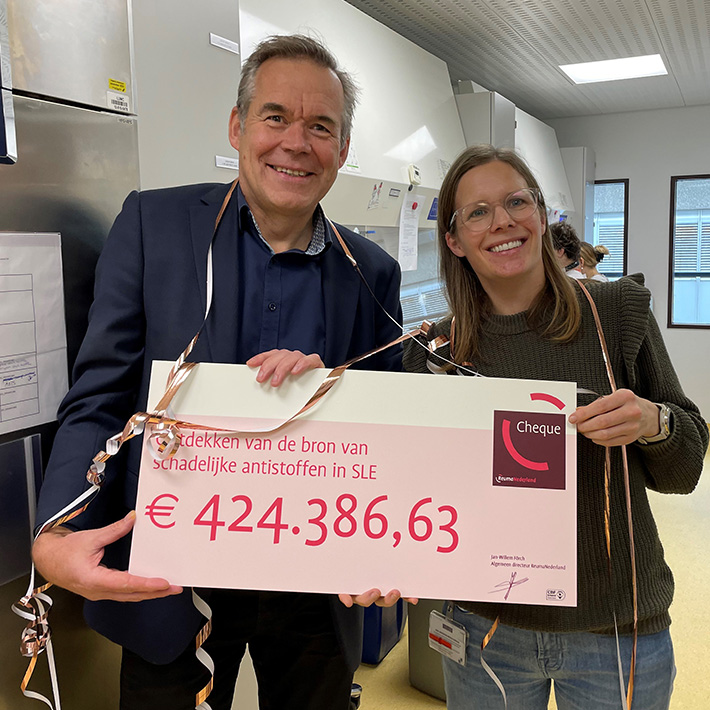&width=710&height=710)
ReumaNederland grant for research into autoantibody production in SLE
Jolien Suurmond, researcher at the Rheumatology department, received a grant of 425.00 euros from the ReumaNederland. With this grant, she aims to unravel which B cells are the source of autoantibodies in SLE. The grant was handed to her by the director of ReumaNederland in a surprise visit to the LUMC.
Systemic lupus erythematosus (SLE) is a multiorgan systemic autoimmune disease, in which autoantibodies, produced by B cells, play a major role. The disease is very heterogeneous, both in the autoantibodies that are produced, as well as the clinical symptoms. In this project, Jolien and her team will investigate which B cells are responsible for these autoantibodies to determine how they arise and how they can be targeted therapeutically. As a first step, they will study which (pathogenic) B cells are targeted by currently existing therapies, in collaboration with Onno Teng (Nephrology department).
The grant is part of a thematic call from ReumaNederland, aimed at supporting research that provide insight into the causes and working mechanisms of rare rheumatic diseases, one of them being SLE.
Pancras Hogendoorn member advisory committee on starter and stimulation grants
Minister Dijkgraaf of Education, Culture and Science has set up a committee to advise him and university boards, including umc's, on the details of the starter and stimulation grants.
The advisory committee is chaired by Bert Weckhuysen, professor at Utrecht. LUMC dean and vice-chairman of the Executive Board, Pancras Hogendoorn, has been appointed as a member of the committee. The starter and stimulation grants for (young) researchers play an important role in creating peace and space and putting the foundations in place in the system of higher education and research. The aim of the grants is to encourage research and reduce the work and application pressure. A total of 300 million euros per year is available for these grants.
Universities have already energetically started forming policies and awarding the first grants. The minister assumes they will continue to do so, taking into account the objectives and agreements in the administrative agreement. The committee's advice will help in the further elaboration of the policy of universities, where the committee will also take into account the necessary implementation time.
Professor Rene Toes receives Van Loghem oeuvre prize
Since 1981, the Dutch Society for Immunology (NVVI) has awarded the van Loghem oeuvre award in recognition of the outstanding work of one of its members. This year Prof. Rene Toes had the honour of receiving this award.
The research of Toes is focussing on chronic immune stimulation and how immunological tolerance to self-antigens is broken as this is at the basis of the development of autoimmunity and consequently autoimmune diseases. More specifically, his group is aiming to understand how the checkpoints controlling B-cell reactions towards self-antigens are overrun, in the context of rheumatic autoimmune diseases. The goal of this research is to implement the knowledge acquired on the breach of tolerance and the evolution of human auto-reactive B-cell responses into the design of preventive strategies and/or interventions aiming to restore normal immune-homeostasis against autoantigens and, ultimately, cure of B-cell mediated auto-immune diseases.
Leiden researcher receives Henk Verbiest prize 2022
The Dutch Society of Neurosurgery has awarded Thomas van Essen the Henk Verbiest Prize 2022. This is a prize for the best article on a neurosurgical topic. Van Essen gave a lecture about his research at the annual Wintermeeting in Rotterdam.
Emergency surgery for acute bleeding under the meninges has no added value for many of the patients. These patients have similar chances of survival after close monitoring in intensive or medium care and possible surgery at a later time. There is no hard scientific evidence yet as to when which treatment strategy is most appropriate. This is why the frequency of surgery for such patients varies from one medical center to another in Europe. To investigate this issue, under the leadership of neurosurgeon Wilco Peul (LUMC & HMC) and neurosurgeon in training Thomas van Essen (LUMC & HMC), more than 1,400 patients with bleeding under the meninges were analyzed.
The results of the study now show that patients treated at centers favoring emergency surgery have no advantage over patients treated at centers favoring conservative treatment. It follows that patients who undergo emergency surgery have no advantage over patients who are monitored. According to the neurosurgeons, the results of the study have a direct impact on clinical practice. If a neurosurgeon does not see a clear benefit in emergency surgery, conservative treatment may be started.
Niels Stensen fellowship for Thomas van Essen
In addition to the Henk Verbiest Prize, Thomas van Essen will also receive a 70,000 euro grant on behalf of the Niels Stensen fellowship. With this grant, he will spend six months working in San Francisco and Cambridge.
Van Essen has been invited to work as a neurosurgeon and researcher at the University of California San Francisco and University of Cambridge. He will draw on world-leading studies in Europe, America and England.
The project involves determining the best acute neurosurgical treatment strategies for various traumatic brain injuries. Traumatic brain injury is a major public health problem and causes death and disability worldwide. Surgical treatment aims to improve outcomes, but remains surrounded by uncertainty about who should be operated on and how. Thomas van Essen's research during his year as a Niels Stensen fellow will clearly delineate surgical indications. He expects to optimize treatment guidelines in an effort to reduce the burden of the exhausting condition that is traumatic brain injury.
LUMC researcher wins third prize techIES 2022
Baoxu Pang won an award at the ShanghaiTech Innovation and Entrepreneurship SUmmit (techIES) for a technique he developed that identifies regions in our DNA that can control gene expression.
These so-called regulatory regions in our DNA can serve as markers for various diseases. In the future, Pang plans to identify more such regulatory regions and develop strategies to use them to treat various diseases.
Pang's research is supported by the KWF Young Investigator Grant and the ECR starting grant. TechIES is an annual pitch conference and competition.
Danielle Cohen and Frank Borm's receive Team Westland grant
On November 19, pathologist Danielle Cohen and lung specialist Frank Borm of Team Westland received 92,000 euros for their research on lung cancer-related mutations in broncho-alveolar lavage fluid.
Currently in the Netherlands, 30% of patients with suspected lung cancer undergo surgery or radiation therapy without a pathologically proven diagnosis - for example, because the tumor site is difficult to reach for a biopsy, or because the diagnostic procedure is considered too risky for the patient. This is a problem because highly effective treatments such as immunotherapy will increasingly be given neoadjuvant (prior to surgery). Patients who do not have a pathologically proven diagnosis are at risk of being ineligible for neoadjuvant therapy regimens, despite showing increased survival.
Applying liquid biopsy techniques to flushing fluid (also called bronchoalveolar lavage fluid, BAL) from the lung offers a possible solution to this problem. With the Team-Westland grant, the added value of liquid biopsy analysis on BAL fluid can be investigated in a larger group of patients - with the ultimate goal of adding this technique to the toolbox of pulmonologists and pathologists to diagnose lung cancer.
&width=710)
&width=710)
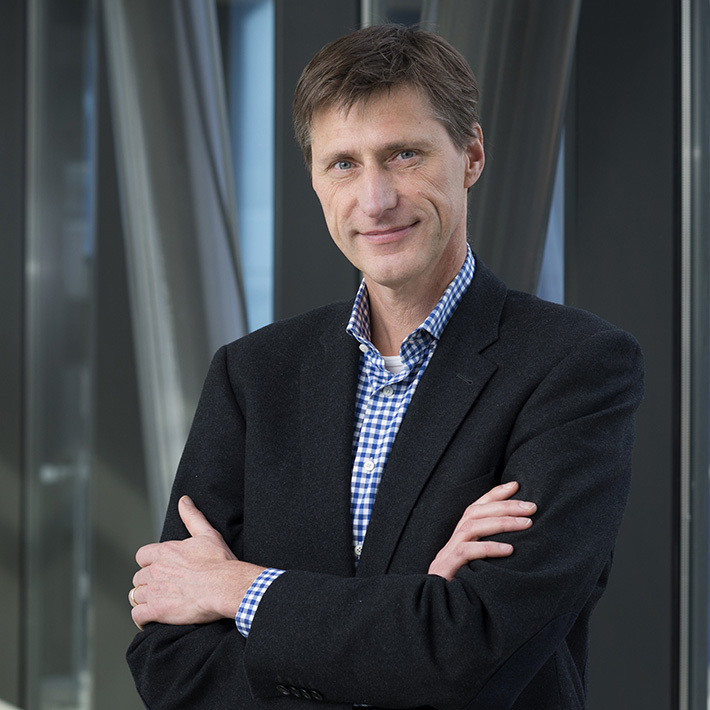&width=710)
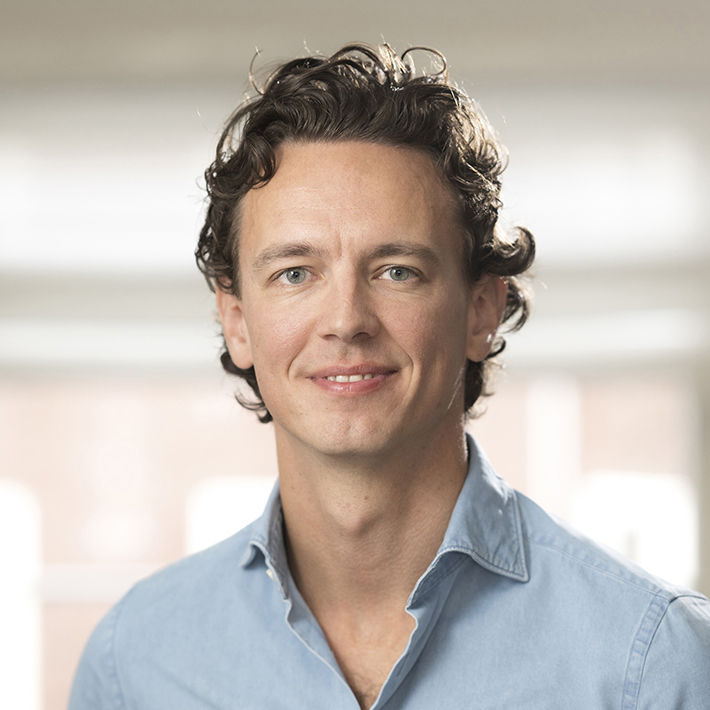&width=710)
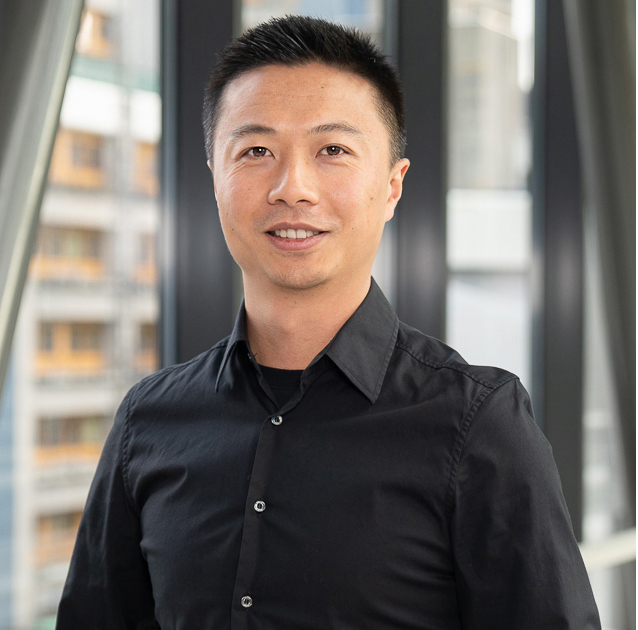&width=638)
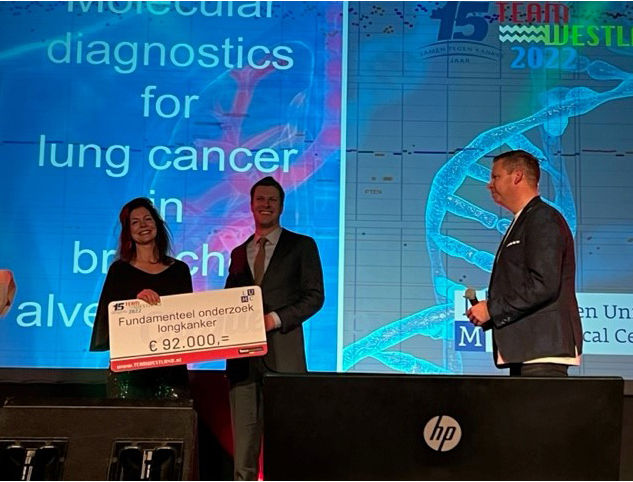&width=633)